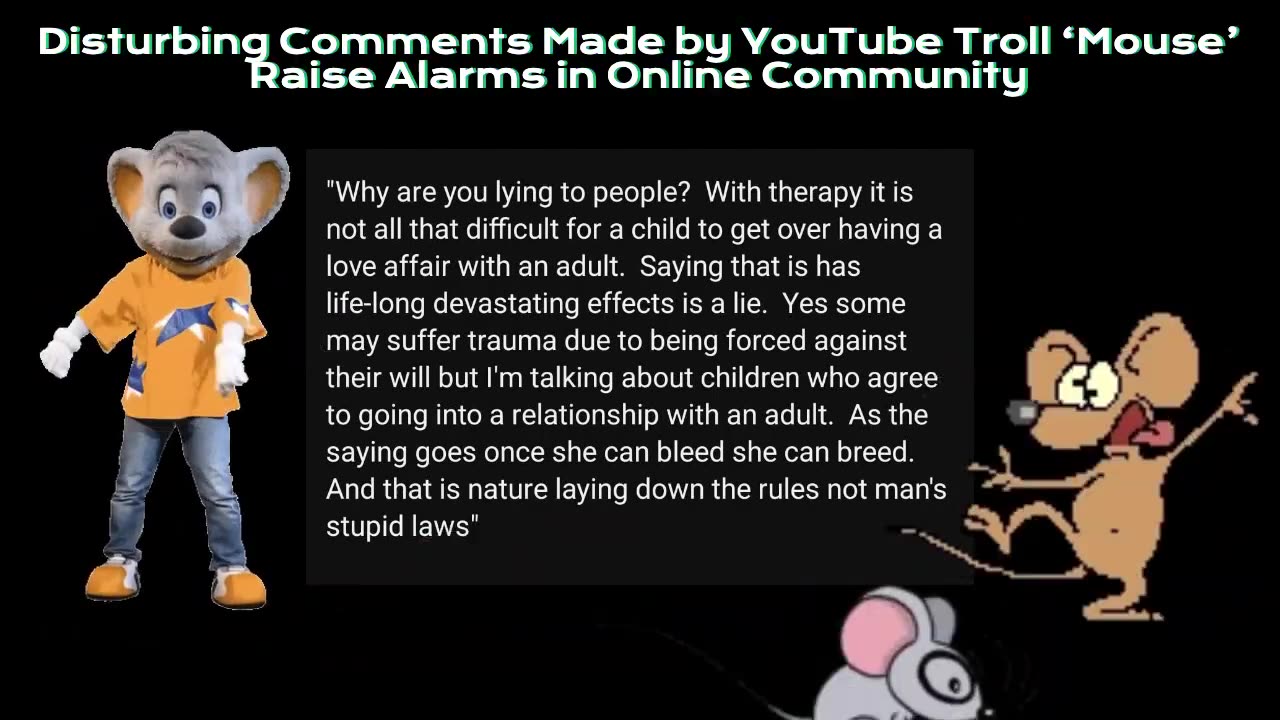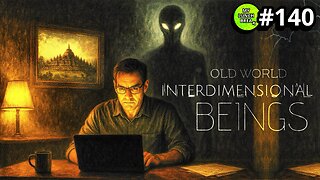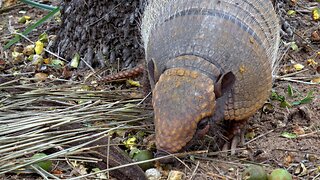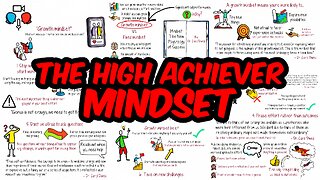Premium Only Content

Disturbing Comments Made by YouTube Troll ‘Mouse’ Raise Alarms in Online Community.
An individual known as ‘Mouse,’ an alleged YouTube troll with claims of operating 127 separate accounts, is facing significant backlash after purportedly making deeply troubling statements on public forums. Mouse, who has confessed to being associated with an online figure known as Hind—an individual accused of promoting content with paedophilic overtones—has been accused of further fueling harmful rhetoric and hypocrisy.
The comments, attributed to Mouse, suggest that child-adult relationships are not inherently damaging, contradicting established psychological research and promoting dangerous myths. “With therapy it is not all that difficult for a child to get over having a love affair with an adult,” the statement read, downplaying the well-documented traumatic impact such abuse has on victims. Mouse’s argument included an outdated saying—“once she can bleed, she can breed”—which has been widely rejected as harmful rhetoric that attempts to justify the exploitation of minors.
This revelation is particularly alarming given Mouse’s history as the first to point fingers, often accusing others of being paedophiles. This tactic of projecting onto others while promoting damaging views is a known deflection strategy, further complicating the online environment where genuine concerns about child safety and exploitation are prevalent.
Connections to Hind and the Online Community’s Response.
Mouse’s connection to Hind, who has been noted for controversial and disturbing content, casts a shadow on the credibility of both figures. Hind’s online presence has been scrutinised, with observers citing behaviour and statements that suggest paedophilic tendencies. This affiliation raises questions about the nature of Mouse’s motivations and the broader network of online individuals who participate in harmful dialogues under the guise of anonymity.
The online community has responded with outrage. Many users have called for greater scrutiny of platforms like YouTube, emphasising the need for robust moderation and reporting mechanisms to prevent the spread of such rhetoric. The case of Mouse serves as a stark reminder of the complexities and risks associated with anonymous interactions in digital spaces.
The Impact on Survivors and the Need for Education.
Statements like those attributed to Mouse are not just shocking—they are dangerous. Experts underscore that such messages minimize the severe, lifelong impact of child sexual abuse. Dr. Jane Roberts, a clinical psychologist specialising in trauma, noted: “Comments like these perpetuate harmful myths that undermine the experiences of survivors and the extensive body of evidence that proves the devastating effects of such exploitation.”
Research supports that children, regardless of perceived consent, lack the cognitive maturity to enter relationships with adults. The imbalance of power and understanding leaves them susceptible to manipulation and harm. Survivors often face a lifetime of challenges, including post-traumatic stress, depression, and difficulties forming healthy relationships.
Conclusion.
The statements attributed to Mouse and his connections to figures like Hind raise essential questions about accountability in digital spaces. The incident highlights the importance of community awareness, robust content moderation, and legal measures to protect vulnerable individuals from predatory behaviour and rhetoric. Online platforms must prioritise safety, ensuring that harmful myths and damaging narratives do not go unchecked.
-
 LIVE
LIVE
SpartakusLIVE
54 minutes ago#1 Saturday Spartoons || HUGE Announcement TODAY
376 watching -
 8:31
8:31
MattMorseTV
2 hours ago $0.06 earnedTexas just did the IMPOSSIBLE.
4.07K45 -
 24:39
24:39
MYLUNCHBREAK CHANNEL PAGE
1 day agoInterdimensional Beings at Borobudur
17.4K11 -
 12:42
12:42
Scammer Payback
20 hours agoCalling Scammers who were Raided
1.65K6 -
 23:31
23:31
IsaacButterfield
13 hours agoThe Woke Mob Is Really CANCELLING Matt Rife For THIS…
9324 -
 1:23
1:23
WildCreatures
8 days ago $0.90 earnedThis mother armadillo eating her palm nuts is truly adorable
1.83K9 -
 8:59
8:59
The Art of Improvement
8 hours agoHow to Build the Most Powerful Mindset for Success
68 -
 LIVE
LIVE
GritsGG
1 day ago36 Hour Stream! Most Wins 3420+ 🧠
1,266 watching -
 1:26:16
1:26:16
Michael Franzese
18 hours agoMenendez Brothers Denied Parole – Newsom Holds Their Fate
105K79 -
 2:36:02
2:36:02
I_Came_With_Fire_Podcast
16 hours agoSecret Origins of Transhumanism & The New Atlantis
28.2K16